
- Phone: (123) 0200 12345
- Mailus@TheExperts.com
- Stay Connected:
2023 March
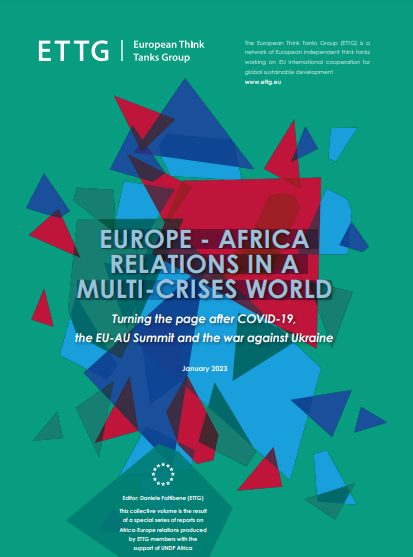
EUROPE – AFRICA RELATIONS IN A MULTI-CRISES WORLD
Year: 2023
by Kevin Fiestas | Climate / Resilience, Human Development, Investments, Market, Publications, Risk, Transition & Transparency | 0 Comment
This report is the outcome of a partnership initiative launched in 2022 by the European Think Tanks
Group (ETTG) and the United Nations Development Programme (UNDP) Regional Bureau of Africa.
It follows earlier cooperation on AU-EU relations between the two organisations in 2020 and 2021.
Our partnership has aimed to assess the status of Africa-Europe relations in the follow-up of the
EU-AU Summit in Brussels.
Author: European Think Tanks Groups (ETTG)
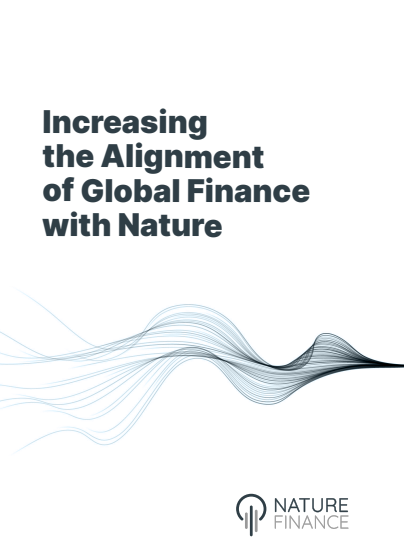
Increasing the Alignment of Global Finance with Nature
Year: 2022
by Kevin Fiestas | Biodiversity Protection, Climate / Resilience, Development, Finance, Investments, Paris Agreement, Publications | 0 Comment
The global economy must
deliver nature-positive, equitable
outcomes if we are to tackle
the existential challenges of
nature loss and climate change.
As nature is not material in most
financial decision-making, there
is significant misalignment of
public and private financial flows
with nature-positive outcomes.
Understanding the current
degree of alignment of global
finance, and identifying actions
needed to increase it is vital.
Author: Nature Finance
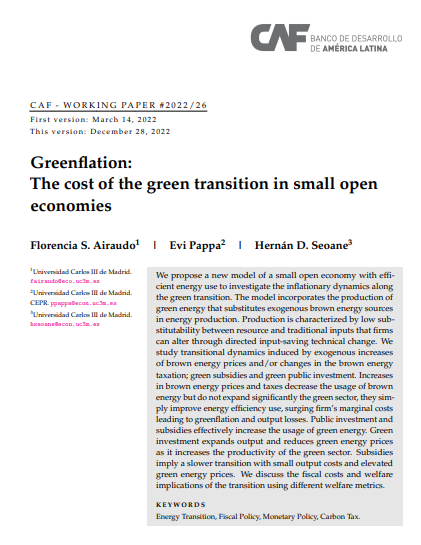
Greenflation: The cost of the green transition in small open economies
Year: 2022
by Kevin Fiestas | Climate / Resilience, Developing countries, Economic Development / Stability, Environment / Ecosystem, Investments, Publications, Sustainability, Technologies & Innovations | 0 Comment
We propose a new model of a small open economy with efficient energy use to investigate the inflationary dynamics along
the green transition. The model incorporates the production of
green energy that substitutes exogenous brown energy sources
in energy production. Production is characterized by low substitutability between resource and traditional inputs that firms
can alter through directed input-saving technical change.
Author: Florencia, S. Airaudo; Evi, Pappa; Hernán, D. Seoane
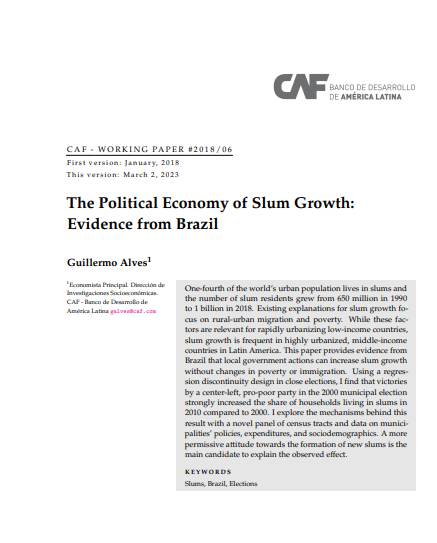
The Political Economy of Slum Growth: Evidence from Brazil
Year: 2023
by Kevin Fiestas | Developing countries, Economic Development / Stability, Human Development, Infrastructures, Policy / Governance, Publications, Urban | 0 Comment
This paper provides evidence from
Brazil that local government actions can increase slum growth
without changes in poverty or immigration. Using a regression discontinuity design in close elections, I find that victories
by a center-left, pro-poor party in the 2000 municipal election
strongly increased the share of households living in slums in
2010 compared to 2000.
Author: Guillermo,Alves

Eficiencia energética y energías renovables
Year: 2023
by Kevin Fiestas | Biodiversity Protection, Climate / Resilience, Developing countries, Infrastructures, Investments, NDBs, Publications | 0 Comment
Se pretende incursionar en el conocimiento del sector energético colombiano y específicamente en el tema de la eficiencia energética y las fuentes no convencionales de energía renovable, justificando la financiación con recursos de Findeter de la demanda creciente de proyectos de energía en el país. Junto con este estudio, la Jefatura de Inteligencia de Negocio proporcionará una base de datos para que el área comercial gestione el relacionamiento necesario
Author: Financiera del Desarrollo (FINDETER)
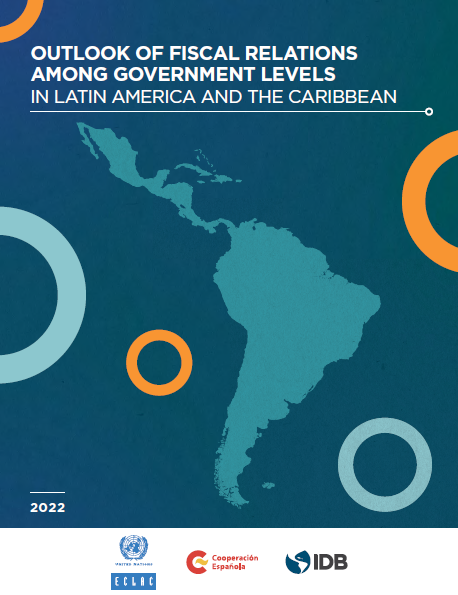
Outlook of Fiscal Relations among Government Levels in Latin America and the Caribbean
Year: 2023
by Kevin Fiestas | Banks, Developing countries, Economic Development / Stability, Health, Policy / Governance, Publications | 0 Comment
The Inter-American Development Bank (IDB) and Economic Commission for Latin
America and the Caribbean (ECLAC) have prepared this publication, Outlook of
Fiscal Relations among Government Levels in Latin America and the Caribbean,
with the financial support of the Spanish Agency for International Development
Cooperation (AECID).
Author: Inter-American Development Bank (IADB) and United Nations Economic Commission for Latin America and the Caribbean (ECLAC).
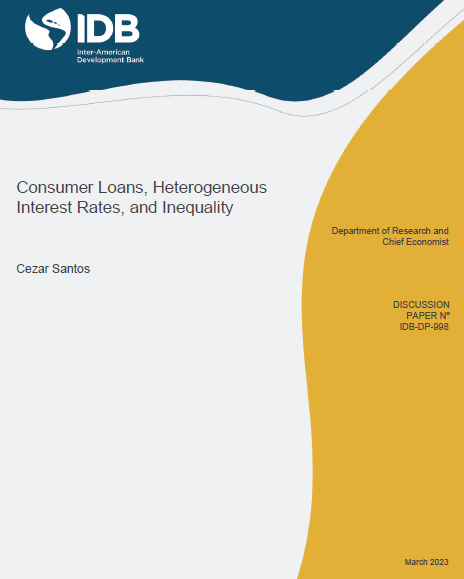
Consumer Loans, Heterogeneous Interest Rates, and Inequality
Year: 2023
by Kevin Fiestas | Economic Development / Stability, Economy, Policy / Governance, Publications, Quality of Life, Risk | 0 Comment
Using the Brazilian administrative credit registry data with the universe of all
consumer loans originated by banks in the country from 2013 to 2019, we document
high borrowing interest rates, which vary systematically with individual’s
characteristics. In particular, even after controlling for several observable
individual attributes (such as income, occupation, and default probabilities,
low-income), individuals pay higher interest rates than high-income borrowers.
Author: Cesar, Santoz
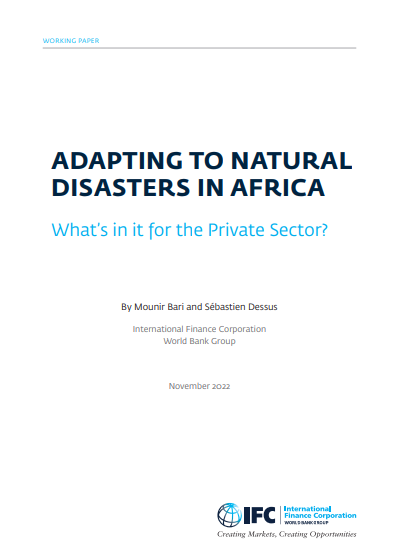
ADAPTING TO NATURAL DISASTERS IN AFRICA
Year: 2022
by Kevin Fiestas | Aid, Biodiversity Protection, Climate / Resilience, Developing countries, Infrastructures, Investments, Publications, Sustainability, Technologies & Innovations | 0 Comment
The private sector has an indispensable role to play in advancing climate adaptation and resilience building. The need for private sector solutions to address climate change impacts is even more pronounced in Africa given its sizable needs for adaptation and the limited fiscal space of most African states to adapt and build resilience to climate and disaster risks.
Author: Mounir, Bari & Sébastien, Dessus
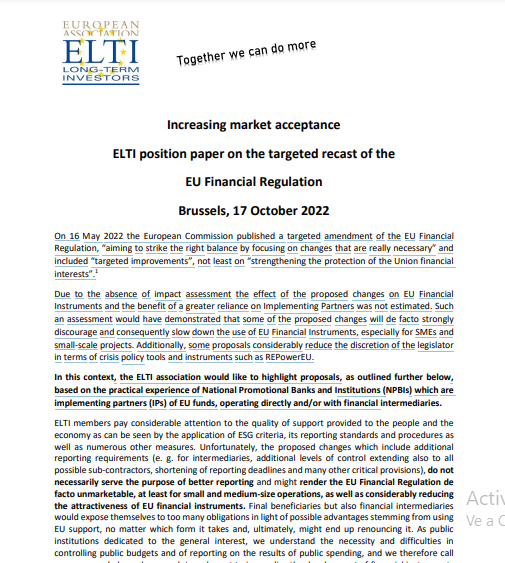
Increasing market acceptance ELTI position paper on the targeted recast of the EU Financial Regulation
Year: 2022
by Kevin Fiestas | Economic Development / Stability, Finance, Investments, Publications, Risk, Technologies & Innovations | 0 Comment
On 16 May 2022 the European Commission published a targeted amendment of the EU Financial Regulation, “aiming to strike the right balance by focusing on changes that are really necessary” and included “targeted improvements”, not least on “strengthening the protection of the Union financial interests”.
Author: European Association Long - Term investors

Decoding the Union budget 2023- 24 : MSME edition
Year: 2023
by Kevin Fiestas | Climate / Resilience, Developing countries, Entrepreneurship, Investments, Publications, SMEs | 0 Comment
By 2028, it is expected that India's MSME sector will have contributed US$ 1 trillion to the country's overall exports, accounting for around 33% of the country's GDP. There are 7.9 million registered Micro, Small, and Medium Enterprises in India (MSMEs). About 120 million employment across industries and regions are supported by the sector, which amounts for about 33% of the nation's overall GDP.
Author: World Association for Small and Medium Enterprises (WASME)
- Demographic Observatory Latin America and the Caribbean 2023. Population dynamics in Latin America and their effects on the labour force
- Implications of Current Cocoa Price Hikes on African Trade and Macroeconomic Performance
- Report of the 2023 AADFI-ADFIAP Joint International CEO Forum
- 2024 Latin American and Caribbean Macroeconomic Report: Ready for Take-Off? Building on Macroeconomic Stability for Growth
- Africa In Figures 2023